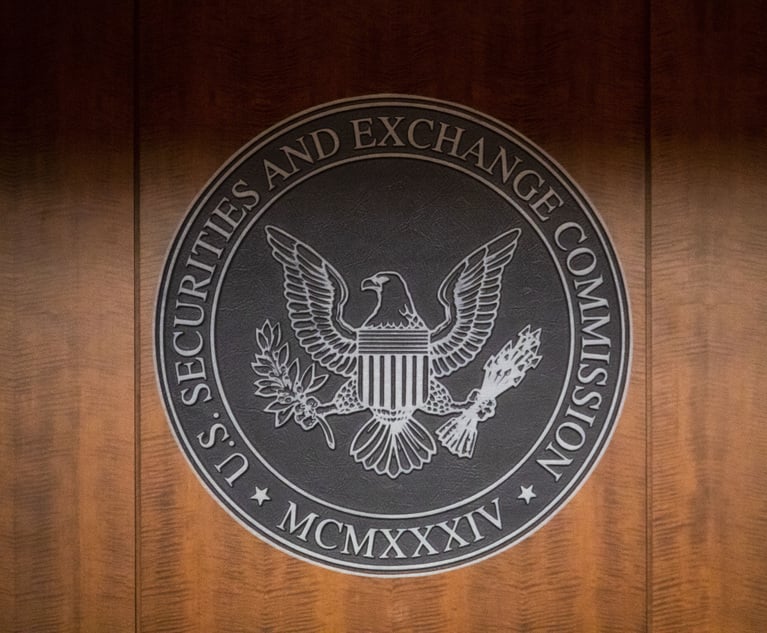One way to judge General Motors Corp.'s everyday commitment to good governance standards is by a handbook distributed to all salaried employees called Winning with Integrity. A 21-page set of ethical guidelines ranging from how to report wrongdoing to conflict of interest rules and insider trading issues, Winning with Integrity lays out a clear message that all employees share the responsibility for maintaining the company's legacy. Each year, employees must affirm they have read its provisions and will comply with them. "In the end, it comes down to personal responsibility–mine, yours, all of ours," reads an introduction by Chairman and CEO G. Richard Wagoner Jr. The document has been required reading at GM since 1996, long before Enron Corp.'s collapse or Sarbanes-Oxley's rise. "The most fundamental thing to have in place is tone at the top," says Paul Schmidt, GM's controller, who heads the automaker's compliance efforts. "It is very important that the organization understand that the top management follows this."
There are many companies that adhere to a long list of best practices in corporate governance, but few have been at it as long as GM. In 1994, the automaker adopted a clear and influential set of board governance guidelines, and it has been modifying and developing its approach ever since. For the consistency of its message and longstanding commitment, Treasury & Risk Management is recognizing GM with its first annual award for excellence in corporate governance. "GM has one of the longest track records," says Gavin Anderson, CEO of corporate governance ratings service GovernanceMetrics International, which recently rated GM a '10′ for global governance standards–its highest rating and one given to just 26 companies worldwide. "Their adoption of corporate governance rules essentially became a model for governance by large companies."
General Motors put in place its board nominating committee in 1972, and its executive compensation committee dates back to the 1930s. But it was the changes in 1994 that set the stage for GM's modern era of governance excellence. Those changes followed one of the automaker's darkest periods, when years of declining sales and earnings led the board to oust then Chairman and CEO Robert Stempel and replace other executives.
Complete your profile to continue reading and get FREE access to Treasury & Risk, part of your ALM digital membership.
Your access to unlimited Treasury & Risk content isn’t changing.
Once you are an ALM digital member, you’ll receive:
- Critical Treasury & Risk information including in-depth analysis of treasury and finance best practices, case studies with corporate innovators, informative newsletters, educational webcasts and videos, and resources from industry leaders.
- Exclusive discounts on ALM and Treasury & Risk events.
- Access to other award-winning ALM websites including PropertyCasualty360.com and Law.com.
*May exclude premium content
Already have an account? Sign In
© 2024 ALM Global, LLC, All Rights Reserved. Request academic re-use from www.copyright.com. All other uses, submit a request to [email protected]. For more information visit Asset & Logo Licensing.







